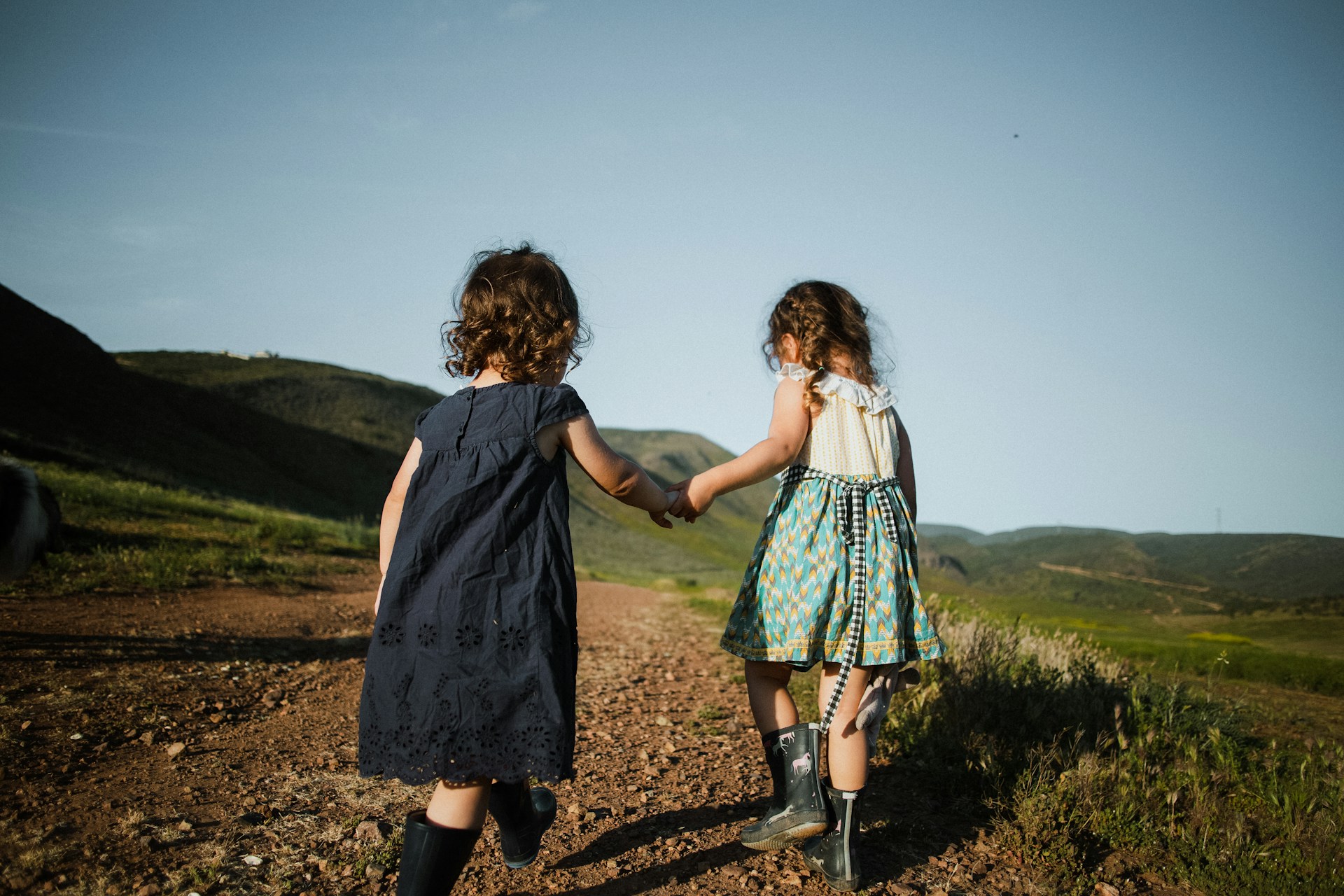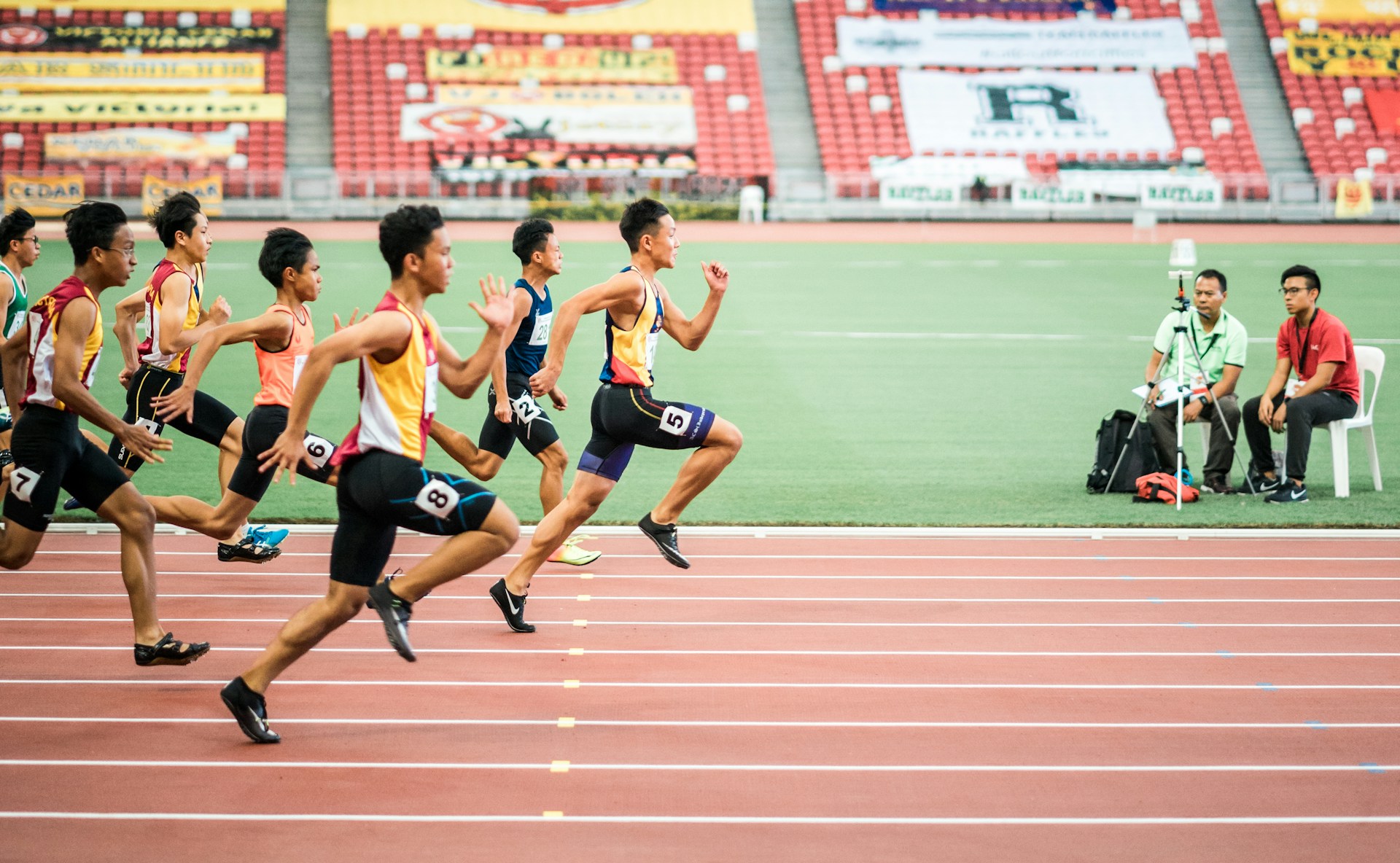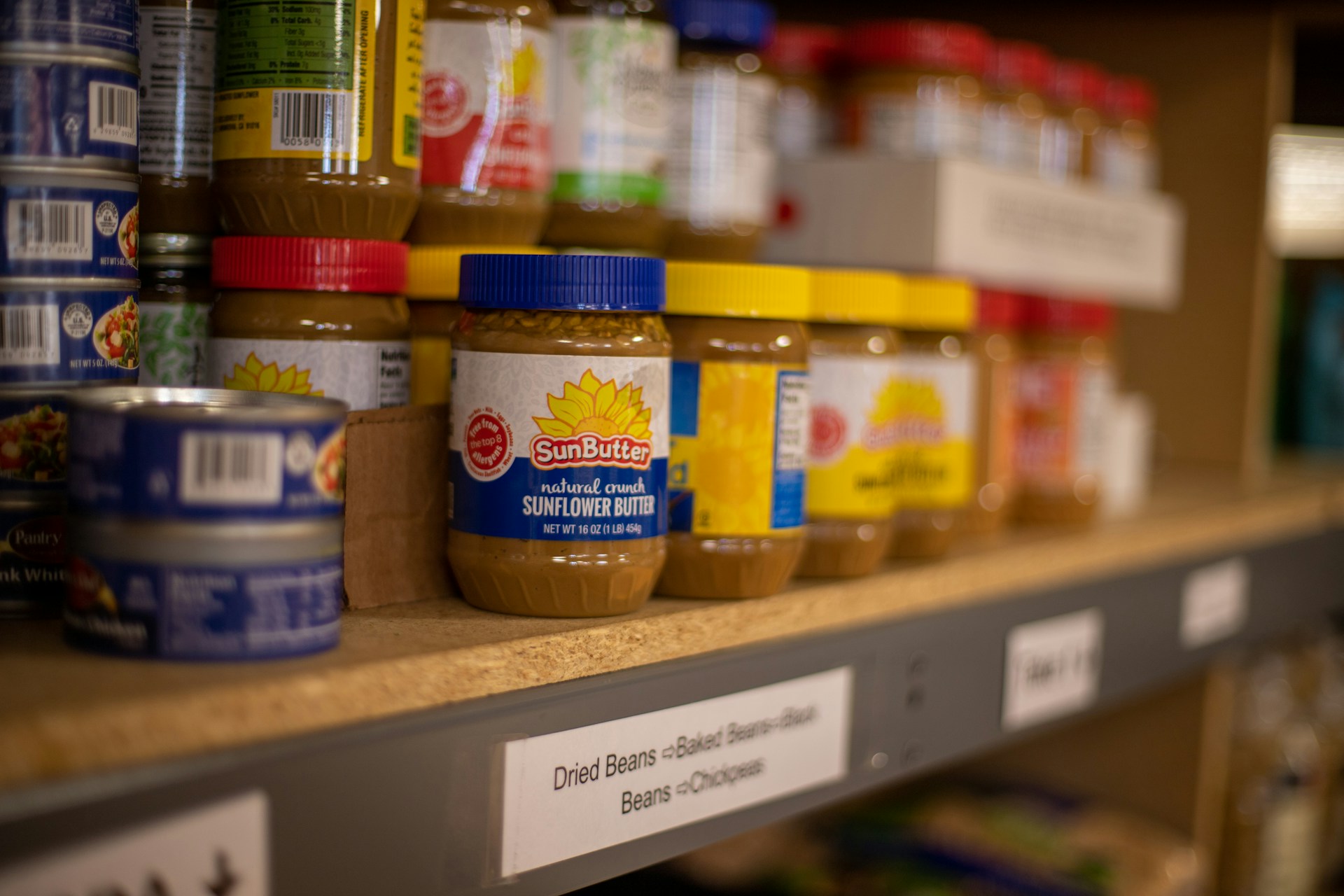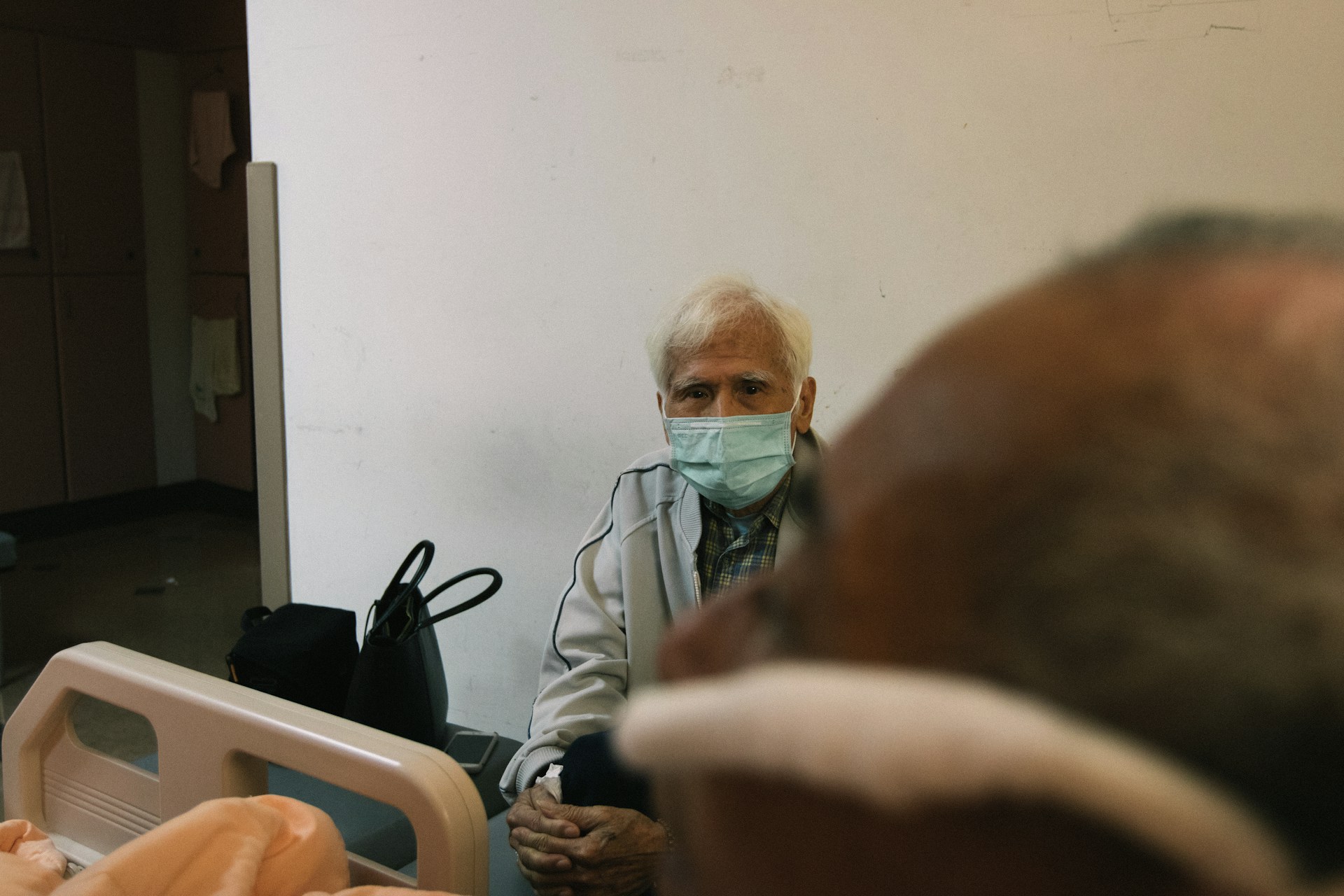Factors Related to Mother's Decision in Giving Formula Milk to Infants Aged 0-24 Months at Puskesmas Merdeka, Bogor City
Faktor-Faktor yang Berhubungan dengan Keputusan Ibu dalam Pemberian Susu Formula pada Bayi Usia 0-24 Bulan di Puskesmas Merdeka, Kota Bogor

Downloads
Background: Infants aged 0-24 months are known to experience a period of rapid growth and development with increasing vulnerability to deficiency and overnutrition. The low prevalence of exclusive breastfeeding among this age group is inversely proportional to the increasing trend of formula feeding motivated by several factors.
Objectives: This study aimed to analyze the social factors affecting the decision of mothers to provide formula milk to infants aged 0-24 months.
Methods: A quantitatively descriptive method with a cross-sectional design was used, while the respondents were mothers having infants aged 0-24 months and were active in visiting the health center. The respondents totaled 66 people who were further divided into groups including mothers who provided formula milk and those who did not. The sample selection was achieved with the purposive sampling method, while data were collected by distributing questionnaires on several factors which had responses ranging from never to frequently.
Results: The results showed that there were differences in the variable role of health workers between formula and non-formula milk groups with a significance value of 0.014 (<0.05). Moreover, there was a significant relationship between family support (P=0.002; R=0.373) and the role of health workers (P=0.001; R=0.387) in the decision to provide formula feeding.
Conclusions: There was no significant difference in the nutritional status of infants who were provided formula milk and those who were not. On the other hand, a significant relationship was found between family support and the role of health workers in formula feeding of infants 0-24 months. Other variables such as maternal knowledge of breast milk, early initiation of breastfeeding, and promotion of formula milk had no significant association with formula feeding.
Mufida, L., Widyaningsih, T. D. & Maligan, J. M. PRINSIP DASAR MAKANAN PENDAMPING AIR SUSU IBU (MP-ASI) UNTUK BAYI 6-24 BULAN: KAJIAN PUSTAKA [IN PRESS SEPTEMBER 2015]. J. Pangan dan Agroindustri 3, (2015).
Sulfianti, S. et al. Penentuan Status Gizi. (Yayasan Kita Menulis, 2021).
Safrida, S. & Fahlevi, M. I. Pengaruh Tingkat Pengetahuan Ibu Menyusui Terhadap Pemberian Asi Eksklusif Dalam Upaya Pencegahan Stunting Di Gampong Alue Ambang. J. Biol. Educ. 10, 105–113 (2022).
Sherllia Sofyana. Penyuluhan Program SBM (Save Breast Milk) Untuk Meningkatkan Kesadaran Asi Eksklusif Pada Ibu Nifas. Abdimas Polsaka 90–94 (2022) doi:10.35816/abdimaspolsaka.v1i2.41.
Handiani, D. & Anggraeni, D. Faktor Yang Mempengaruhi Pemberian Asi Eksklusif. J. Ilmu Kesehat. Karya Bunda Husada 6, 8–16 (2020).
Nurjanah, I., Hamidah, A. & Sari, Y. M. Dukungan Ibu Dalam Pemberian ASI Ekslusif. J. Pemberdaya. dan Pendidik. Kesehat. 1, 47–56 (2022).
Nuddin, A. & Umar, F. PEMILIHAN JENIS SUSU FORMULA OLEH IBU BALITA DI WILAYAH KERJA PUSKESMAS MATTOMBONG KABUPATEN PINRANG. J. Ilm. Mns. Dan Kesehat. 3, 244–256 (2020).
Laila, fita nur, Hardiansyah, A. & Susilowati, F. Pengetahuan Gizi Ibu, Pendapatan Orang Tua, Pemberian Susu Formula, Dan Kaitannya Dengan Status Gizi Balita Di Posyandu Desa Welahan Kabupaten Jepara. J. Nutr. Culin. 3, 24–36 (2023).
Sabati, M. R. & Nuryanto, N. Peran Petugas Kesehatan Terhadap Keberhasilan Pemberian ASI Eksklusif. J. Nutr. Coll. 4, 526–533 (2015).
Rohsiswatmo, R. & Amandito, R. Optimalisasi Pertumbuhan Bayi Prematur dan Pasca Prematur di Indonesia; Mengacu pada Pedoman Nutrisi Bayi Prematur di Rumah Sakit Cipto Mangunkusumo. Sari Pediatr. 21, 9 (2019).
Vrablik, M., Dlouha, D., Todorovova, V., Stefler, D. & Hubacek, J. A. Genetics of cardiovascular disease: How far are we from personalized CVD risk prediction and management? International Journal of Molecular Sciences vol. 22 at https://doi.org/10.3390/ijms22084182 (2021).
Kartini, A., Suyatno, S. & Lestari, P. Hubungan Praktik Pemberian Susu Formula Dengan Status Gizi Bayi Usia 0-6 Bulan Di Kecamatan Semarang Timur Kota Semarang. J. Kesehat. Masy. 2, 339–348 (2014).
Sugiyono, P. D. Nifas 1. J. Chem. Inf. Model. 53, 1689–1699 (2018).
Marfina Lova, O., Endayani Safitri, D. & Yuliana, I. Faktor-Faktor Yang Berhubungan Dengan Pemberian Susu Formula Pada Bayi 0-6 Bulan Di Kelurahan Pamulang Barat Kota Tangerang Selatan. Argipa 4, 85–93 (2019).
Sukatin, Nurkhalipah, Kurnia, A., Ramadani, D. & Fatimah. Humantech Jurnal Ilmiah Multi Disiplin Indonesia. J. Ilm. Multi Disiplin Indones. 1, 1278–1285 (2022).
Efniyanti, F., Dewi, M., Khomsan, A. & Ekawidyani, K. R. Riwayat Pemberian ASI Eksklusif, Status Gizi, dan Status Anemia Balita di Kecamatan Gegesik, Kabupaten Cirebon. J. Ilmu Gizi dan Diet. 1, 181–188 (2022).
Ekaristi, P., Kandou, G. D. & Mayulu, N. Hubungan Inisiasi Menyusui Dini (IMD) dengan Pemberian ASI Eksklusif di Kota Manado. J. Kesehat. Masy. 6, 1–7 (2017).
Adam, A., Bagu, A. A. & Sari, N. P. Pemberian Inisiasi Menyusu Dini Pada Bayi Baru Lahir. J. Kesehat. Manarang 2, 76 (2016).
Widiyanto, S., Aviyanti, D. & A, M. T. Hubungan Pendidikan dan Pengetahuan Ibu tentang ASI Eksklusif dengan Sikap terhadap Pemberian ASI Eksklusif Subur. J. Kedokt. Muhammadiyah 1, 25–29 (2012).
Timporok, A. G. A., Wowor, P. M. & Rompas, S. Hubungan Status Pekerjaan Ibu Dengan Pemberian Asi Eksklusif Di Wilayah Kerja Puskesmas Kawangkoan. J. Keperawatan 6, 1–6 (2018).
Maulidiyah, L. M. & Astiningsih, N. W. W. Hubungan Paritas Ibu dan Promosi Susu Formula dengan Pemberian ASI Eksklusif pada Bayi Usia 6-12 Bulan di Posyandu Harapan Baru Samarinda. Borneo student Res. 2, 1576–1583 (2021).
Apriyani, E., Putri, R. & Rindu, R. Hubungan Pengetahuan, Imd Dan Iklan Susu Formula Terhadap Motivasi Pemberian Asi Eksklusif Di Desa Bangka Kota Kecamatan Simpang Rimba Kabupaten Bangka Selatan Tahun 2022. SENTRI J. Ris. Ilm. 2, 2446–2454 (2023).
Rembet, S. R., Mayulu, N. & Ratag, B. T. Hubungan Status Gizi Ibu dengan Pemberian ASI Eksklusif di Kota Manado. J. Kesehat. Masy. Univ. Sam Ratulangi 6, 1–13 (2017).
Copyright (c) 2024 Amerta Nutrition

This work is licensed under a Creative Commons Attribution-ShareAlike 4.0 International License.
AMERTA NUTR by Unair is licensed under a Creative Commons Attribution-ShareAlike 4.0 International License.
1. The journal allows the author to hold the copyright of the article without restrictions.
2. The journal allows the author(s) to retain publishing rights without restrictions
3. The legal formal aspect of journal publication accessibility refers to Creative Commons Attribution Share-Alike (CC BY-SA).
4. The Creative Commons Attribution Share-Alike (CC BY-SA) license allows re-distribution and re-use of a licensed work on the conditions that the creator is appropriately credited and that any derivative work is made available under "the same, similar or a compatible license”. Other than the conditions mentioned above, the editorial board is not responsible for copyright violation.












































